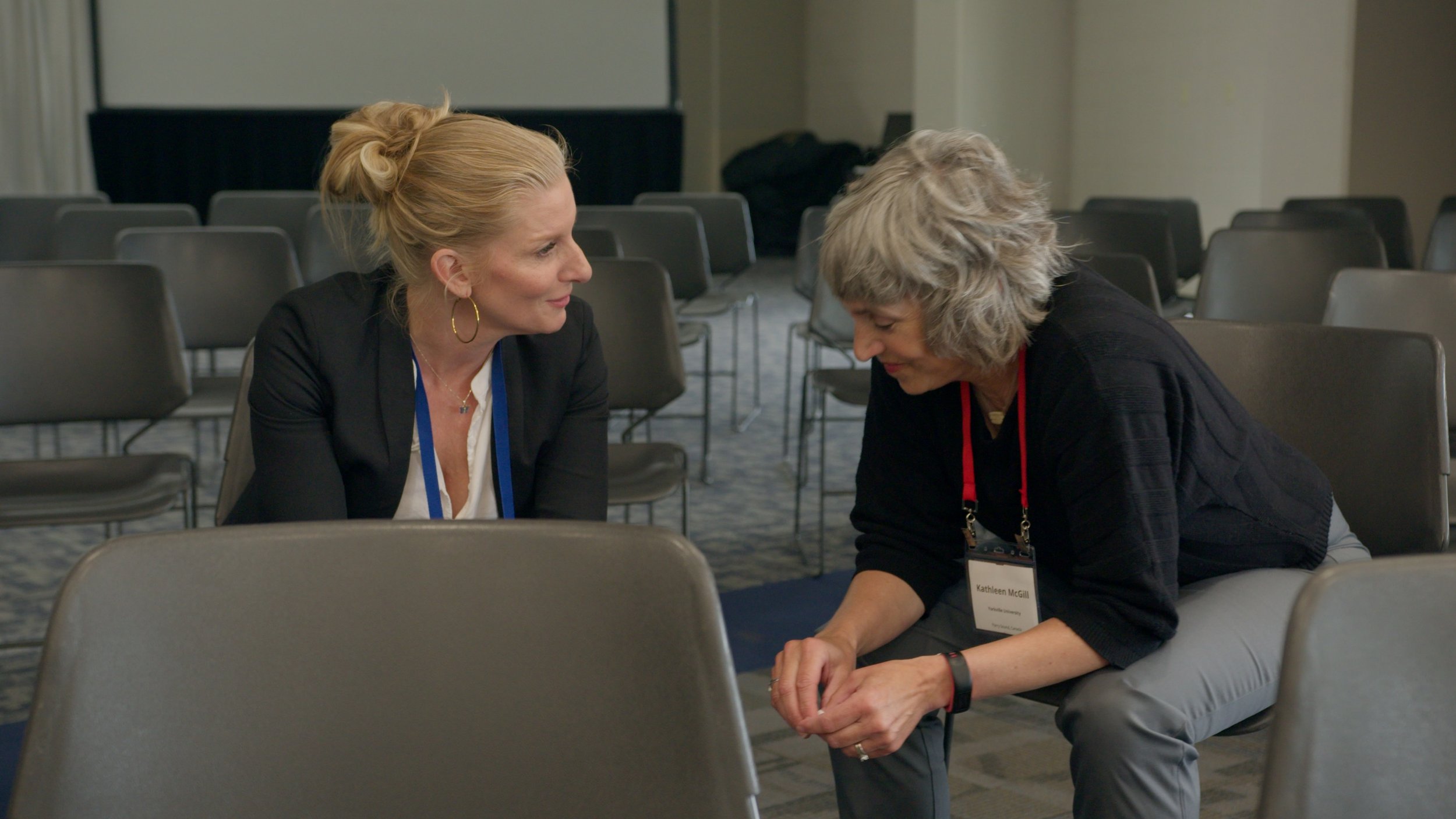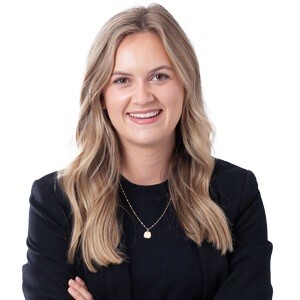Hot Docs: Can political opposites be good friends? This documentary votes yes
Why It Matters
Canada’s political climate can feel divisive, but the journey of these two women proves that empathy and open-mindedness can bridge even the widest political gaps. Braver Angels is actively working to create solutions to North America’s growing political polarization, an issue that often divides families, friendships, and workplaces.
This story was written in partnership with Hot Docs, which launches its Doc Soup Series next month. Our editorial ethics and standards can be found here.
Kathleen McGill knew Canada’s political climate was intensifying after she said she was shunned by coworkers at her job.
She felt isolated, anxious, and unheard.
“I had a personal experience where I was quite hurt by a relationship being dissolved over some personal beliefs, over something that I thought was a fairly reasonable belief,” McGill said.
It’s an experience she knows many can relate to, as the divide between opposing political views has become increasingly pronounced across North America.
About 24 per cent of Canadians have said they’ve stopped talking to a person or avoided a person because of a disagreement related to federal politics, according to 2025 data from Research Co.
In the U.S., that number rises to 30 per cent of Americans.
“After that, I did a little soul searching, quite a lot,” McGill said.
Her search led her to the discovery of Braver Angels, an American non-profit dedicated to political depolarization.
The volunteer-led organization launched in 2016 as a response to increasing political division in American society.

“There’s a feeling that this kind of work and engagement needs to happen,” said Mark Metzger, Convention Director and Arts Coordinator at Braver Angels.
“Braver Angels is kind of its own microcosm of democracy at a larger scale. It’s people engaging with one another and learning their responsibilities as citizens and how to engage with each other in their communities.”
Amanda Sussman was drawn to the organization’s approach after growing increasingly concerned that political polarization meant losing the ability to speak with anyone who disagreed with her.
“Whether it’s in my own family with friends, colleagues, not being able to go home for Thanksgiving for holidays because we can’t discuss politics with people who might have a different point of view,” said Sussman.
The Braver Angels framework provided her a space for open, respectful dialogue.
“You don’t start with, ‘I’m going to prove I’m right and I’m going to prove you wrong,’” said Sussman.
“You start with, ‘How did you get to that opinion?’ And it changes everything because you get that person’s story,” she said.
“You realize they’re not crazy. They’ve just had a different life experience than I’ve had. And that’s the starting point for building understanding.”
Kilometres of conversation
Sussman and McGill met through Braver Angels, connecting because they were each on opposite sides of the political spectrum.
But it was when Sussman discovered the non-profit’s upcoming conference in the U.S. that their friendship truly began to grow.
“I asked her to take a leap of faith and jump in a car for 11 hours when we’d never met and drive down to this Braver Angels convention together,” Sussman said.
“We talked abortion, we talked immigration, you name it, and in the process became friends,” said Sussman.
One a liberal, the other a conservative (the film doesn’t reveal who holds which views), their unlikely road trip caught the attention of Canadian filmmaker Chrisann Hessing.
“I had never heard of anything like Braver Angels. It’s a very cool concept,” said Hessing.
Hessing recognized their growing relationship had the potential to inspire broader conversations about political division.
“I think we all understood that it was important to put something out there that is almost a counternarrative to what we’re seeing in the news.”
Filming the friendship
Hundreds of people showed up to attend the three-day conference.
In total, Braver Angels has about 15,000 members and 120 chapters across the U.S..
“Most people who come to Braver Angels already have a certain degree of openness to the work that we’re doing and want to connect across divisions,” said Metzger.
The numbers are telling, said McGill, that many people do want to connect and have open, civil conversations.
“I’m not trying to impose or one-up you in my facts and figures,” said McGill. “But I am just trying to communicate what comes from my heart and what my experience speaks to me and tells me to say or how I formulated my beliefs,” McGill said.
“And then I want to hear the same from you. And somewhere in that kind of open, welcoming, free flow of ideas, we come to actually like each other as people.”
McGill and Sussman both agreed the conversations were eye-opening.
“You learn that your one narrow slice of experience is valuable but absolutely so are all those other ones and that’s actually the strength in having the conversation,” said Sussman.
Hessing’s film crew were able to record the conference’s workshops, debates, and the conversations aimed at depolarizing political discourse.
“They were so incredibly open and inviting,” said Hessing.
“People are aware of what the problem is and are trying to come together to find solutions amongst themselves.”
What started as a simple road trip between two strangers who had a shared curiosity has grown into something much bigger.
The documentary will be used as an educational resource to show the importance of having tough conversations in a meaningful way to protect democracy.
“We’re going to screen the film and do a little bit of a workshop just letting people know that this isn’t rocket science and how to talk to someone you disagree with,” said McGill.
MPs and senators are expected to be in attendance for the film screening.
“You can’t change your views easily because that’s the life experience that led you to those views but I’ve certainly gained complete respect for the need to have the conversations and also to develop the solutions together,” Sussman said.

